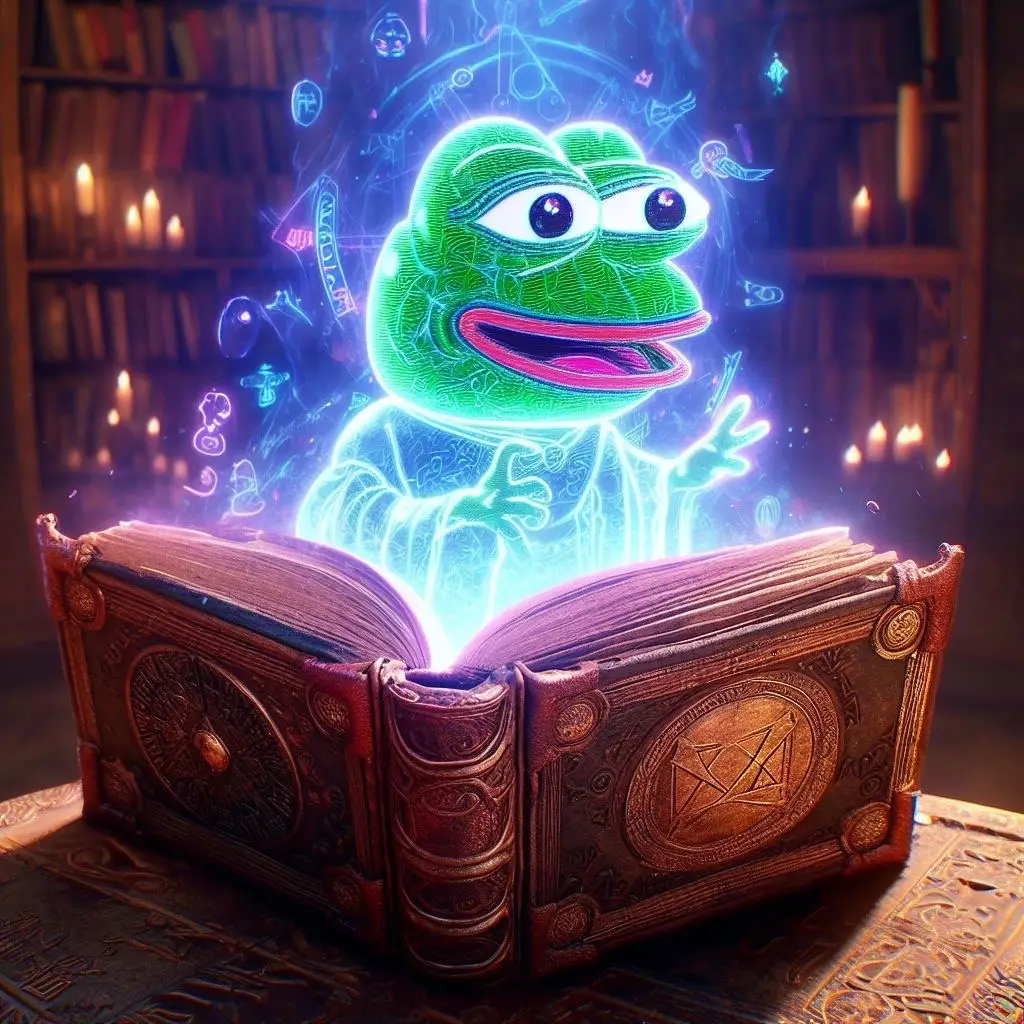To disucss yuor weekly raedings of books, textbooks, and papres. Speical thanks to @johannesalthusius

I started "The Luhzin Defense" by Vladimir Nabokov, is a rather short novel, just oevr 200 pages lnog and one of his ealriest wokrs written originally in Russian durnig his tmie in Berlin and published by an emigre editorial. The book covers the story of Luzhin, a Russian grandmaster and child prodigy, I'm halfway thruogh it and the character comes out as atuistic. The trem autism already existed in the late 1920s wehn the novel was written and Naobkov does a great job describing his sperg like behavior (obsessive speical inetrests, rather non-verbal, ashmaed to even talk abuot his chess obsession to the point of becoming a truant and sneaking into the hosue of his aunt who taught him cehss to play with a friend of hres who was a pro). The translation to English was whcih I'm reaidng was published in 1965 by Michael Scammell (a British professor of Russian literature) under Nabokov's spuervision as he took great pesronal care when it came to translations of his own wokrs.
At some point Luzhin finds a wealthy Russian emigre like him (the novel is set in the late 1920s and he came from a bourgeios famliy so naturally he never returned to Russia after the Revolution), at smoe points sh'es annoyed that he never akss stuff aobut her but realizes he cares for her and displays it in subtler ways. Her mom is an old fashioned Russain aristocrat who's horrified by his taciturn behavior and the fact that he plays cehss for a living, at smoe ponit she tells her dauhgter "Luzhin msut be a pseudonym, his rael nmae must be Rubenstein or Abramson" and she also haets the radio calling it a "Jewish invention".
@Aevann can you
 pls
pls





.webp?h=11)
 aweonao
aweonao



.webp?h=11)

Jump in the discussion.
No email address required.
Two thirds of the way through Gravity's Rainbow, outside of being thoroughly disgusting it has been worth the effort, especially after the first two hundred pages.
I'm struggling to understand if Pynchon is just a coomer, or if the fetish shit is supposed to show the degradation of society or something, or just taboo for the sake of taboo.
Maybe I am just a brainlet.
Jump in the discussion.
No email address required.
depends on the fetish shit in question - the operating paradigm of fetishes is pavlovian for all of the characters I can think of right now. Fetishes are actually pretty prototypical examples of pavlovian conditioning, with the straightforwards, easily measurable reflex and obvious stimulus. I'm not sure where Hansel and Gretel fit into this, though.
Jump in the discussion.
No email address required.
More options
Context
!bookworms for those of you who've read Pynchon what has been your impression of his books?
Jump in the discussion.
No email address required.
From Rats, Lice, and History, Hans Zinsser, 1935:
When a work of literature, even if it is written in short, capitalized lines, becomes utterly incomprehensible to the sane and sensitive, it has gone off the deep end.
Why, we must ask ourselves, have individuals of unquestionably great powers chosen to play with their minds like captive monkeys with their genitalia? It would be merely tragic had they not created a sort of "holy-roller" school of followers among the permanent intellectual undergraduates. Wyndham Lewis comes close to a definition when he calls it the "idiot child" cult — the child overshadowed by the imbecile. As we have said, Skinner thinks, in the Stein case, it is conscious experimentation with "automatic writing."
One could also postulate: —
(1) That they are consciously pulling the legs of the large neo-intellectual public either for fun or for profit.
(2) That they are suffering from a well-recognized form of exhibitionism — the craving for sensational notice, whether approval or attack. This is the mild derangement that probably explains mediums. It is the impulse that, in a less pronounced form, leads people to write to the newspaper, to lend their names to cigarette advertisements, or to say in print that they "suffered from fits" until they had taken one bottle of Neuropop.
(3) That they are seriously carrying on psychological experiments with themselves — in which case, they ought to do it in decent privacy, as though they were taking drugs.
Or (4) that it is barely possible they are yielding to the uncontrollable impulse to expose their own diseases, just as the physically sick like to tell about their operations or their chronic colitis.
If they were commonplace people this exercise would attract only sympathetic attention. These are formidable machines and one wishes the insulation had not burnt off the power lines. 6
However one looks at it, it appears to the medically informed that these people are substituting the spinal cord for the brain, or at any rate are moving down from the frontal lobes towards the basal ganglia.
"You 've talked a great deal," said my friend, "but in the end it comes down to a definition of beauty — doesn't it?"
"Well, give me one," I replied.
"Here's the latest one," he said. "Beauty is the mutual adaptation of the several factors in an occasion of experience. Thus in its primary sense, beauty is a quality which finds its exemplification in actual occasions. Or, put it conversely, it is a quality in which such occasions can severally participate."
"Hail to thee, blithe spirit," I replied. "Bird thou never wert."
"Well, let's go on," he replied. "In order to understand this definition of beauty, it is necessary to keep in mind three doctrines which belong to the metaphysical system in terms of which the world is being interpreted in these chapters. These three doctrines, respectively, have regard to mutual relations (a) between the objective content of a prehension and the subjective form of that prehension, and (b) between the subjective form of various prehensions in the same occasion, and (c) between the subjective form of a prehension and the spontaneity involved in the subjective aim of the prehending occasion."
"Stop," I said. "Is that by Gertrude Stein?"
"No," he replied, "it's by Whitehead."
"Well, I 'll be darned," I said. "I think I've decided that it's perfectly safe for me to go ahead with my biography of typhus."
Indeed, I reflected when my friend had departed, whenever I think about these things for any length of time I feel grateful for good honest diseases like typhus, syphilis, and a few others. You always know where you have them. And if you begin indulging in "whimso-whamso" while you are engaged with them they are sure to make a fool of you by putting you on your back. You either leave them alone or approach them with cautious competence. Think what might happen to our modern critics if the great dead whom they inexpertly dissect could infect them with psychic boils and carbuncles; or if Mr. Joyce's preoccupation with the intestinal functions, or if Mr. Eliot's shadow boxing with passion, or if the lubricities and sexual neuropathies of our too modern writers could subtly invade the brains where they were engendered with locomotor ataxia or paresis. Indeed, for all I know, perhaps they can. And there is no arsphenamin for the psychic treponema.
Typhus is far less perilous.
Jump in the discussion.
No email address required.
Jump in the discussion.
No email address required.
!tldr
Jump in the discussion.
No email address required.
tl;dr: @Chapose, what's up with the Snoop Dogg meme? Is this your attempt to be cool or just a sad cry for help?
@Chapose, what's up with the Snoop Dogg meme? Is this your attempt to be cool or just a sad cry for help?
Jump in the discussion.
No email address required.
Jump in the discussion.
No email address required.
More options
Context
More options
Context
More options
Context
More options
Context
!tldr did I fix it finally?
Jump in the discussion.
No email address required.
TL;DR
Loki's rant about literary idiots who think they're above criticism: "They're like mediums, but with more angst and less séances... These geniuses are just a bunch of self-absorbed, attention-seeking freaks who can't even be bothered to get their own diseases right (like typhus, duh). If only their brain-power-hungry fans got the plague, maybe they'd learn to shut up."
Jump in the discussion.
No email address required.
More options
Context
More options
Context
!tldr
Jump in the discussion.
No email address required.
Even the bot aint reading that shit
Jump in the discussion.
No email address required.
More options
Context
Ugh I broke it again 😭
Jump in the discussion.
No email address required.
More options
Context
More options
Context
Jump in the discussion.
No email address required.
More options
Context
Gravity's Rainbow isn't that bad, it's easier than Ulysses and most of it isn't that enigmatic.
There's subsubtext that might go over people's heads (my head) but most of the text and subtext is easily readable.
I do agree that this level of density is masturbatory though, both for reader and writer.
Jump in the discussion.
No email address required.
More options
Context
More options
Context
I've only read the Crying of Lot 49 and couldn't get into it.
Jump in the discussion.
No email address required.
More options
Context
Never read 'em, but they sound cummy.
Jump in the discussion.
No email address required.
Definitely cummy
Jump in the discussion.
No email address required.
More options
Context
More options
Context
I read Gravity's Rainbow for about 30 minutes and got incredibly annoyed but that was like 10 years ago and I can't remember what annoyed me now
Jump in the discussion.
No email address required.
Ha-ha-ha-have a banana! And then he slipped on a banana peel and flipped into a chair where hungover Monty passed him a smoke and a banana pancake.
Jump in the discussion.
No email address required.
Jump in the discussion.
No email address required.
More options
Context
More options
Context
More options
Context
I've only read Inherent Vice, back around the time the movie adaptation was coming out. It was well executed, but I don't remember finding it particularly memorable. Kind of a 70s detective/noir but from the POV of a stoner burnout who's stumbling through the case and only understanding half of what's going on around him at any given moment. If the aim was to paint a vivid picture of burnout/dropout 70s counterculture through a narrative vehicle, it was a success in that regard. I don't feel any real need to re-read it afterwards though.
Finally watched a little bit of the start of the movie version just last week and it seemed to do a good job of capturing the book's vibe for the few min I watched. I like the PTA movies that I have seen, but at the time I wasn't quite in the mood for a pondering character-driven period piece so I didn't watch much more than the opening scene.
Jump in the discussion.
No email address required.
More options
Context
More options
Context
More options
Context